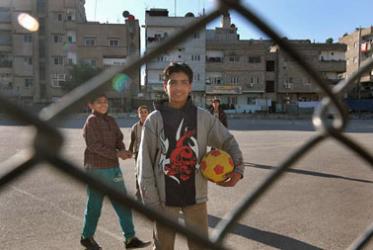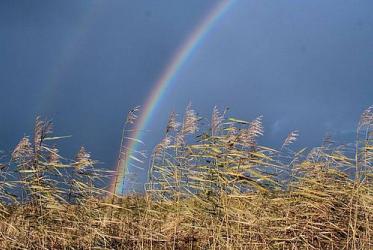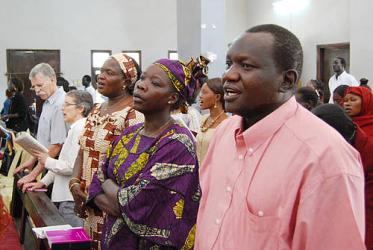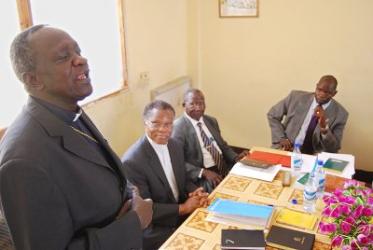Displaying 7461 - 7480 of 8596
WCC delegation met with Syria's Assad
24 April 2008
WCC delegation visits Christians in the UAE
22 April 2008
The passing of Krister Stendahl, an eminent ecumenist
18 April 2008
"Ignored by the whole world" - a visit to Yambio, Sudan
17 April 2008
Bringing hope to a broken world
14 April 2008
WCC welcomes summit on Zimbabwe crisis
11 April 2008
Danish churches to dialogue with Muslims
10 April 2008
Former WCC staff Geneviève Jacques honored in France
10 April 2008
The WCC mourns the death of Father Vitaly Borovoy
10 April 2008
Sudan: churches at a crossroad
04 April 2008
Sudanese churches face "tremendous tasks and challenges"
28 March 2008


















